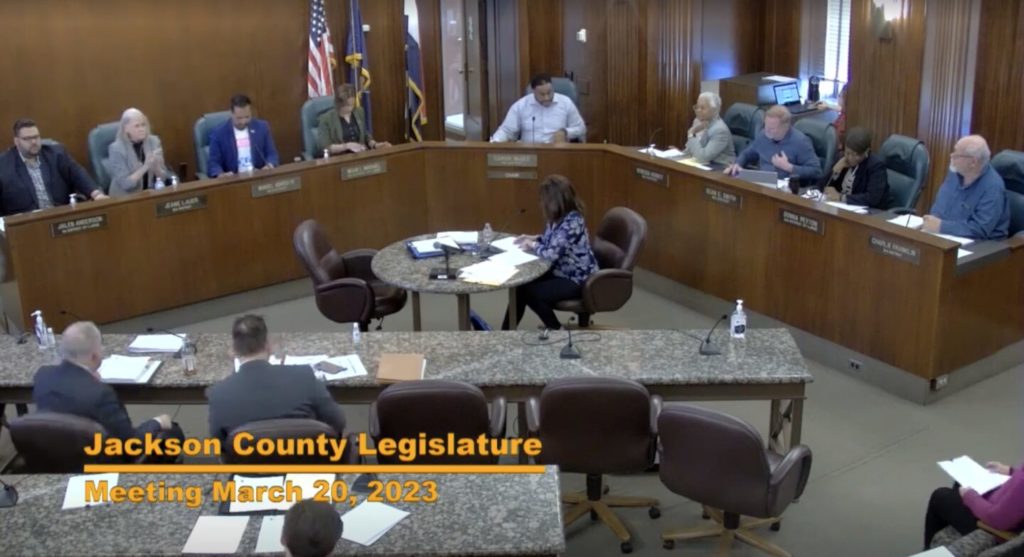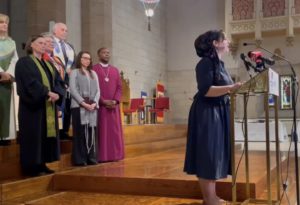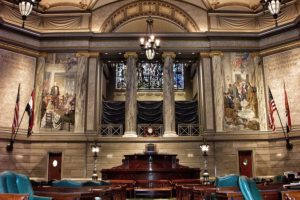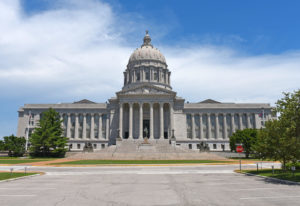In religious liberty win, ‘conversion therapy’ ban in Missouri’s second largest county falls one vote short
A proposed ban on so-called conversion therapy, which would prevent Christians from counseling people regarding a biblical view of sexuality and gender, has failed the Jackson County Legislature by…

A proposed ban on so-called conversion therapy, which would prevent Christians from counseling people regarding a biblical view of sexuality and gender, has failed the Jackson County Legislature by one vote.
The vote required six “yeas” for passages, but the final tally was 5-4 with three abstentions, said local KSHB 41 News. Jackson County is Missouri’s second-most populated, and contains most of Kansas City.
One Jackson County legislator, Sean Smith, objected to the ban because he said it included “opinion,” which he says has no place in government documents.
It’s anticipated that after some arm-twisting by LGBTQ activists, the ban will be brought back for another vote.
LGBTQ groups have targeted Christian churches with such bans, which, as a part of their regular ministries, often offer counseling services sought out by those who wish to better understand biblical views on sexuality.
LGBTQ lobbyists have claimed their wish to ban such practices is about protecting kids, similar to their support of secrecy policies which allow the hiding of gender pronouns by schools from parents of gender-confused kids.
They also contend that talking about Christian views on sexuality inflicts harm on children that could lead to suicide.
Indeed, the attempt to ban conversion therapy in Jackson County was buttressed by a Jackson County legislator who claimed to have been a victim of such therapy when he attended a local Christian school as a child.
Legislator Jalen Anderson claimed that three other students who were also subjected to conversion therapy alongside him, later committed suicide as a result.
Christian groups, however, have expressed concerns about how such bans could affect religious freedom, as similar bans have been proposed not just in the U.S., but worldwide.
Such bans “would have significant legal and social consequences, particularly for those who have legal capacity and desire counselling, for their own reasons, to move away from same-sex attraction or behaviour, or to reconcile their gender identity with their biological sex,” said lawyer Roger Kiska, about a similar ban proposed in the U.K. Kiska specializes in International Human Rights law.
In the U.S., some argue such bans violate free speech protections in addition to religious liberty.
“All Americans, secular or religious, deserve the right to private conversations, free from government censorship,” said Roger Brooks, senior counsel for Alliance Defending Freedom (ADF), about a conversion therapy ban in Washington state.
“The state of Washington doesn’t get to ban speech it dislikes; that’s not what free speech means,” Brooks added.
ADF also noted that such bans prevent mental health clients from picking a particular type of therapy and goal that they freely chose.
“The government has no right to dictate the personal goals,” said ADF. “If, for example, a woman’s life goal includes marrying a husband and starting a family, and she seeks input from a counselor who shares her beliefs, the government simply has no business monitoring these conversations or interfering with these goals, regardless of the city council’s views about them.”
That may be one reason why the proposed Jackson County ban narrowly targets minors. Since minors lack capacity to make such decisions themselves, it gives the government an opening to make the choices for them in order to “protect” the minor.



